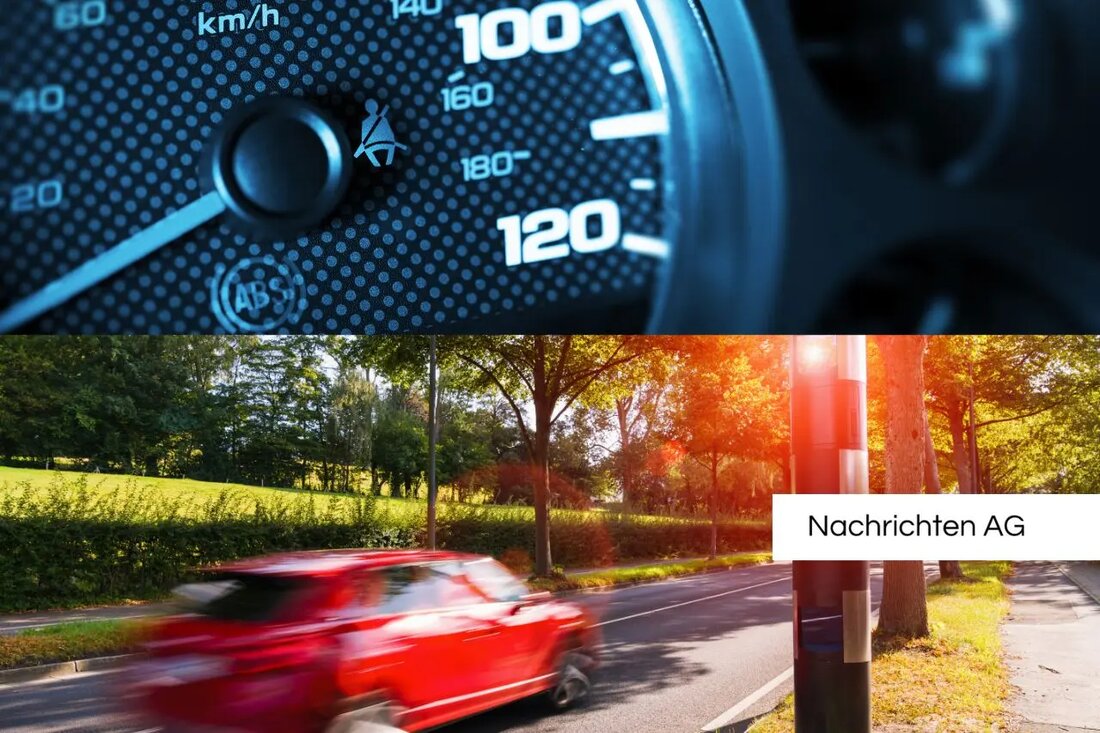Mobile phone flasher in Rhineland-Palatinate: Revolution of Road Safety?
Mobile phone flasher in Rhineland-Palatinate: Revolution of Road Safety?
In Rhineland-Palatinate, the regular use of cell phone flashes is imminent, which should recognize the use of cell phones while driving. This development follows three years of tests that started in the region three years ago. The results already show that there is a significant need for such technologies. In a test at Trier, 327 violations were registered in just 50 days. Another attempt near Mainz even resulted in 941 violations. With this data in the back, the ministry proposes the nationwide use of this technology, which is made possible by a police law that has come into force in February. In ka-news.de There is a need for clarification.
The cell phone flasher works with a monocamera that absorbs vehicles and only saves when a cell phone is recognized and the typical hand position is determined. This technology could significantly reduce traffic violations in the future. Nevertheless, there are data protection concerns that have to be discussed both in public and in case law. Drivers had sued against fines in Trier after the test run, whereby the district court of Trier rejected the objections, but also expressed data protection concerns. Interest in traffic safety was considered to be higher -quality than the right to informational self -determination, which explains the basic rights basis for these measures.
The role of data protection laws
Start-ups and municipalities are faced with the challenge of introducing modern technologies without violating Germany's strict data protection regulations. While similar systems in countries such as Australia and the Netherlands have already been successfully implemented, legal hurdles could delay the introduction of such devices in Germany. In France, on the other hand, the introduction of so-called super flashes, which are equipped with modern technologies and not only can use cell phone use, but also to capture speed overruns and violations of belt. According to bussgeldportal.de such systems are used with high-resolution sensors and AI technology to efficiently identify traffic violations.
Super speedmar use infrared sensors for recognition in poor lighting conditions, 3D laser scanners for precise measurement of distances and AI software for real-time analysis. These multifunctional devices are often connected to a central system that transmits the collected data to traffic authorities. There are currently no comprehensive systems in Germany, while France already operates hundreds of multifunctional flashes. It remains to be seen whether and when Germany will make the necessary legal adjustments in order to introduce such technologies here and to meet the data protection requirements. Questions about the GDPR conformity will continue to be in the room, while the discussion about traffic safety and the role of modern surveillance technology continues.
| Details | |
|---|---|
| Quellen | |


Kommentare (0)